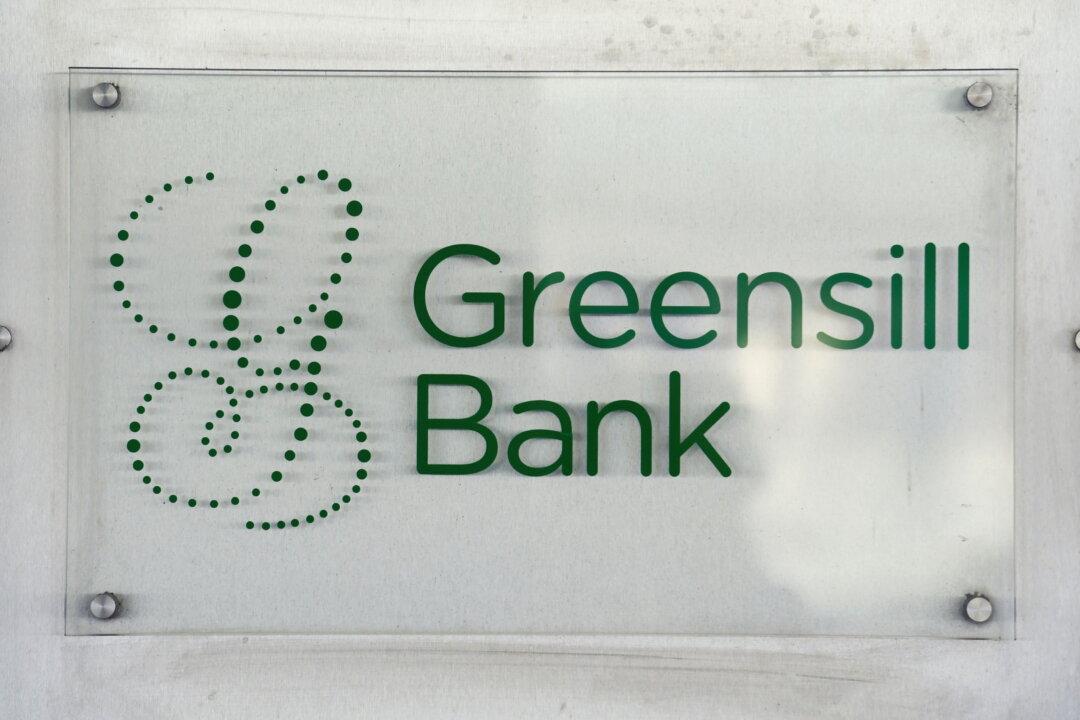LONDON—Britain’s government doubled down on its defence against accusations of cronyism on Sunday, arguing that former leader David Cameron' failure to get support for finance firm Greensill Capital showed its lobbying rules were “pretty good”.
Questions over whether former ministers and civil servants are granted easy access to the Conservative government have been raised by the behaviour of Cameron and other officials.





